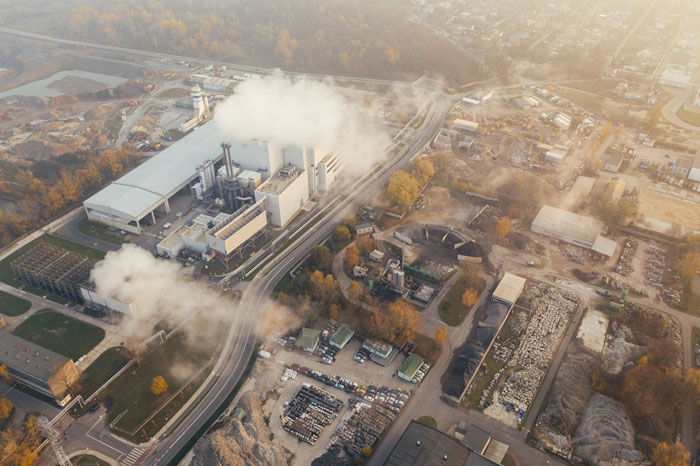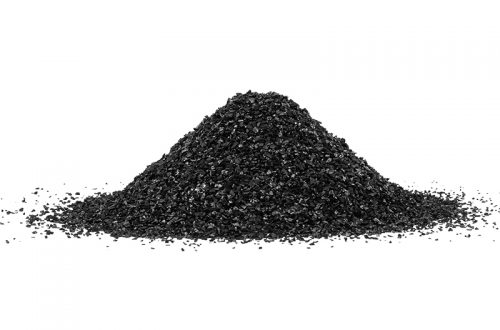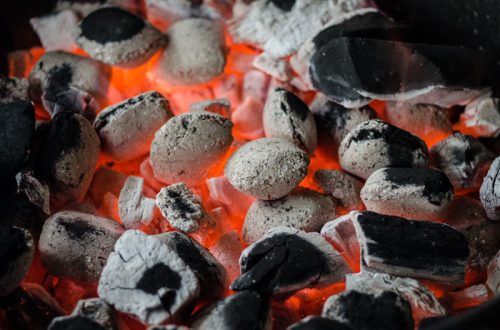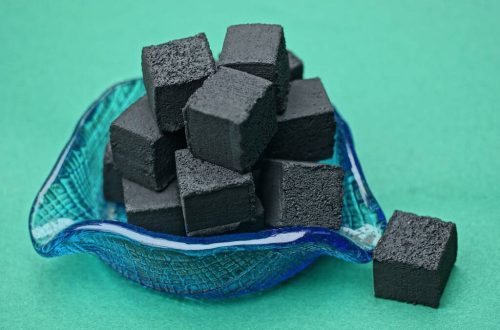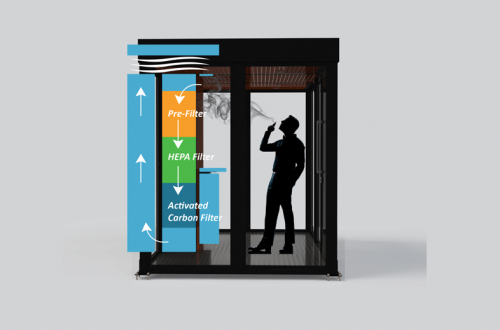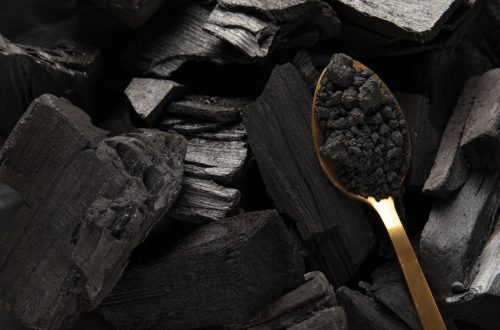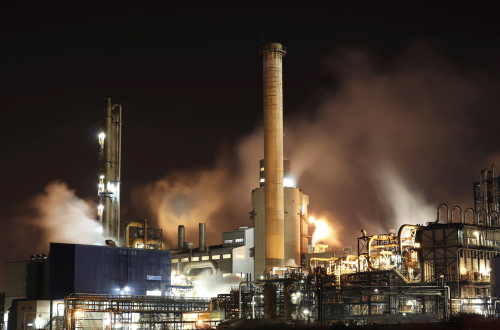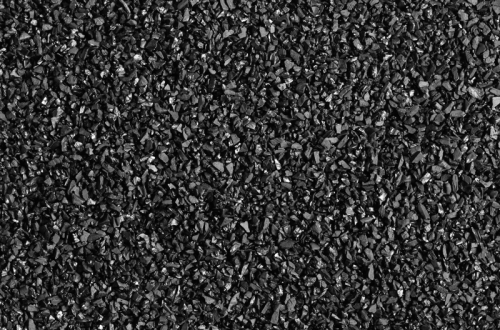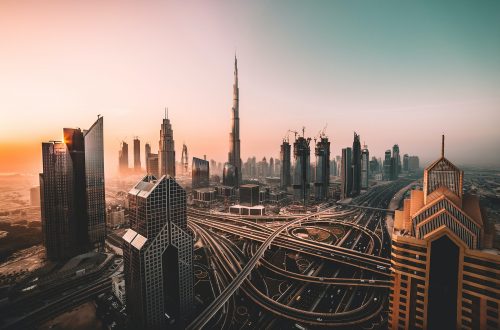-
The Air We Share: A Global Perspective on Air Pollution
Explore the global impact of air pollution and its far-reaching consequences for human health, ecosystems, and climate. Learn about international initiatives and technological solutions aimed at combatting this pressing issue. Gain insights into how collective efforts are shaping a cleaner and more sustainable future for the air we all share.
-
Air Pollution Damages Our Heart
Effects of air pollution on our health and well-being are almost a universal consensus. But if you are still skeptical, here’s evidence: recent findings published in the journal Hypertension, suggested a conclusive connection between heart problems and fine particulate air pollution. This also serves as a dramatic reminder of why achieving clean, healthy air is so critical. The Significance of the Study Previous studies have never been able to make a clear determination between whether fine particulates measuring under 2.5 microns were more hazardous to people’s health. The University of Michigan study has now proved that fine particulate pollution is, indeed, more problematic than ozone. Neither thing is good, but fine…
-
Indoor air quality sensors in your smartphone
Indoor air quality can be as much of a health concern as the air quality outdoors. Things like volatile organic compounds (VOCs), carbon monoxide, mold and other compounds can cause things like headaches, fatigue, respiratory illnesses and worse. The EU has started to focus on how to combat indoorpollution and is funding a new project that would allow people to have real-time air quality information wherever they are — at home, at work, even in the car. The project aims to “develop new nanotechnology-based sensor systems that will precisely monitor the composition of the air in terms of both chemical and bio contaminants.” It is designed to be both tiny and low cost so that…
-
Clean Air Raises Kids With Stronger Lungs
A two-decade study that looked at 2,000 kids in 5 cities in Southern California was recently published in the New England Journal of Medicine. Its results remind us once again of the importance of clean air. After all, air is now the world’s biggest environmental health risk with 7 million deaths per year. The researchers found the relationship between the decline of air pollution in the region since the early 1990s and the “statistically and clinically significant improvements” in children’s lung function and growth. In fact, the number of school-age kids with “abnormally low lung faction” dropped by more than half between the 1994-1998 group (7.9% with abnormally low lung function) and the most recent…
-
Is A Day-Old Water Safe To Drink?
Have your tried water that’s been left overnight, or even for another day? How do you think about the taste? Treated water’s added chlorine that takes care of microorganisms, but at room temperature they begin to multiply rapidly and can really get the things crazy. But that’s not what makes old water taste stale. For that we can thank carbon dioxide. After about 12 hours tap water starts to go flat as carbon dioxide in the air starts to mix with the water in the glass, lowering its pH and giving it an off taste. But it’s most likely safe to drink. However, back to those microorganisms. Be careful if…
-
Make Your Cleaning Routine Green
Cleaning products are everywhere in our homes and offices: on dishes, furniture, clothes, floors, windows, and floating through the air. This may sound bizarre, but in our war on dirt and germs we may often actually be making things worse. Most of the conventional cleaning products we all grew up with are petroleum-based and have dubious health and environmental implications. Instead of opting for cleaning products that annihilate everything in their path, there are plenty of natural products and methods that keep a house clean and fresh without the toxic side effects. Employ green cleaning products As conventional cleaning products have become more thoroughly investigated, more and more brands of…
-
Air pollution equals to tobacco smoke, UV radiation and plutonium
We already knew that air pollution killed more people than AIDS and malaria combined, but sadly the problem isn’t always getting the attention it deserves. So it’s good to see that someone finally pinpointed the seriousness of the problem: World Health Organization (WHO), who last year recognized that diesel exhaust can causes lung cancer. This means that air pollution is now categorized along with tobacco smoke, UV radiation and plutonium. This research on cancer is different from previous research that showed air pollution to cause heart disease and lung problems. “The air we breathe has become polluted with a mixture of cancer-causing substances,” says Dr Kurt Straif, Head of the IARC (International…
-
Urban air is getting so dirty: 7 out of 8 people fail to breathe standard air
Are you one of those urban dwellers? Air quality has been improving over time in many cities. For example, Japan is almost synonymous with clean air. But unfortunately, while some places are getting better, more others are getting worse, especially as a larger percentage of humanity is moving to urban areas every year. Let’s just see the fact: air pollution now kills more people every year than malaria and AIDS combined and that according to the World Health Organization (WHO), air pollution now the world’s biggest environmental health risk with 7 million deaths per year. The WHO has created database that contains results of ambient (outdoor) air pollution monitoring from…
-
Clean Air Project in Europe
It is not surprising to see the bleak pictures from Beijing clearly showing what happens when protection of air quality is not taken seriously. Good air means good quality of life. As a matter of fact, every person breathes in around 15,000 litres of air per day. Although the air quality in Europe is better than that in China, Europeans should continuous their effort to keep their air clean. The air in Europe contains a lot of nitrogen oxide and fine particulate matter that make people sick. That’s why nine European NGOs are now collaborating on a new project called Clean Air. They are mainly focusing on transportation and…
-
Special Treatments for Pollutants
Pollutants come into different categories. Despite most air purifiers help remove pollutants, not every cleaner has the ability to tackle each pollutant in the same manner. Let’s look into the different type of pollutants in the air around us. Pet Dander Pet dander is a powerful allergen that can trigger severe reactions in to allergy-sufferers. The most common treatment would be an air purifier that contains a type of HEPA filter. True HEPA filters are certified and best known for removing allergens of all kinds, especially pet dander. Dust, Dust Mites and Pollen If you want to remove more solid particles floating around in the air like pollen or dust…
